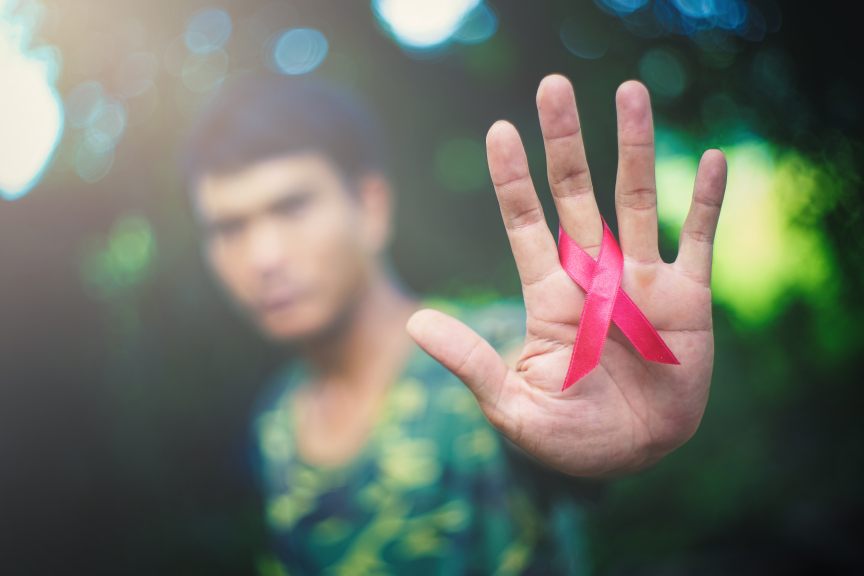Rutgers New Jersey Medical School Part of Worldwide HIV Vaccine Trial

Rutgers New Jersey Medical School (NJMS) Clinical Research Center will be part of a worldwide effort to enroll 3,800 HIV negative individuals in a new Phase 3 HIV vaccine efficacy trial.
“We are the only New Jersey site participating in the study, and it’s great that we are able to bring this effort to Essex and Hudson counties,” says Shobha Swaminathan, an associate professor of medicine at NJMS, who is also a clinical research site leader for the trials funded by the National Institutes of Health (NIH).
This study, which is led by a global partnership including Janssen Vaccines & Prevention B.V., part of the Janssen Pharmaceutical Companies of Johnson & Johnson, the NIH, the HIV Vaccine Trials Network, and the U.S. Army Medical Research and Development Command (USAMRDC), hopes to enroll 50 to 100 individuals from the greater Newark area with the aim of developing a vaccine that will induce immunity against a wide variety of HIV strains. Participants in the study called Mosaico will receive regular medical care and HIV testing at the center – benefiting them personally, and helping to advance scientific and clinical research, specifically.
While the overall rates of HIV/AIDS have decreased, the risks of infections within certain populations have surged. Young men who have sex with men and transgender people – particular those between ages 13 and 34 – have higher risk of HIV infections. In the United States, gay and bisexual men account for two-thirds of new HIV diagnoses, despite representing only 4 percent of the population. An estimated 5,000 new HIV transmissions occur around the world every day.
The preventative medication PrEP helps stop new cases, but it must be taken daily as a pill, which is a challenge for some, particularly those who face financial issues and unstable housing and may not always follow a strict regime including young African-American and Latino adults.
“PrEP is a good option for some but not adequate for others, who are vulnerable,” says Swaminathan. “We need better options.”
Located within the city of Newark, the clinical research center brings cutting-edge science and medical care to the local population disproportionally affected by HIV, so it’s perfectly situated to address this crucial health issue, she says.

Clinical research center community liaisons Travis Love and Jamir Tuten are engaged in the lives and activities of members in the local LGBTQA community. For three years, the center has been supporting a vibrant transgender fashion show, celebrating diversity in body, beauty and style.
Tuten and Love attend library gatherings and meetups, connecting with LGBTQA circles in Newark about housing, relationships, family and health. This helps to build genuine and trusting relationships, which is important for reducing the stigma surrounding HIV and research.
“We explain that prevention isn’t centered around negative things,” says Tuten. “We talk about sex positivity.”
For their work, the duo received a North Jersey Community Research Initiative award in 2019 – the Newark PROUD Award.
Swaminathan says this long-standing, community-based relationship will help recruit Mosaico volunteers because she thinks those who agree to participate will be confident that they will be treated with respect and provided a safe place to speak freely and honestly about their health and their background.
By bringing research and the community together, we might finally end the HIV epidemic, says Love. “We are excited about Mosaico. It’s offering another treatment perspective in the hunt for a permanent method; and it’s in Phase 3, so we have big hope.”


